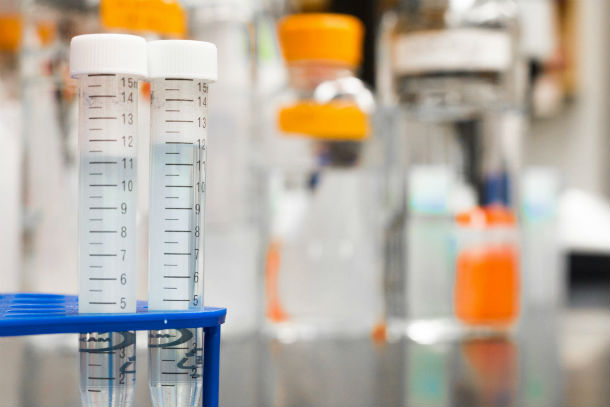Revolutionizing Treatment: Our Contribution to Humacyte’s Latest Innovation
February 7, 2024In 2014, ARG began working with Humacyte on their Human Acellular Vessel (HAV) interposition graft program, which included three separate studies in the area of Peripheral Arterial Disease and vascular trauma injuries. Our team was contracted to provide a full suite of services that included the following functional areas:
- Project Management
- Clinical Operations
- Data Management
- Safety Management
- Medical Monitoring
- Biostatistics
Humacyte was looking for a nimble, flexible CRO partner of good size that could evolve along with the needs of the HAV program, and ARG’s corporate mission and culture were the perfect fit. Given prior experiences and expertise, our teams quickly formed a collaborative environment of clear communication, listening, and learning.
As with any study, risks and challenges arose that required mitigation and creative solutions. A few of those challenges included:
- Obtaining consent from a trauma patient or their legally authorized representative
- Enrollment delays due to waiting for a person who suffered a trauma to present to the emergency department
- A majority of cases, such as gunshot wounds, typically presented in the early morning hours, which required solutions to have knowledgeable research staff on call, to collect pertinent data and perform eligibility evaluations under a high stress environment, as well as obtain the HAV (i.e investigational product) from a controlled, limited access storage area.
- A majority of trauma cases are not limited to a single location or area of the body, therefore ARG and Humacyte had to strategize on how the numerous concomitant medications and/or unrelated adverse events would or would not require documentation into the EDC. The number of concomitant medications associated with additional surgeries other than the implantation of the HAV and post surgical care were overwhelming to study coordinators and an enrollment deterrent.
In order to meet enrollment goals, 21 level one trauma centers in the U.S. and 4 large hospitals in Israel were activated for the study. These sites enrolled 72 subjects over the course of the study.
Additionally, shortly after the Russian invasion of Ukraine in March 2022, Humacyte worked closely with the FDA and multinational health regulatory organization to provide humanitarian aid for vascular trauma injuries. The FDA later requested the data collected from these HAV implants to be captured and included in their BLA submission. ARG worked closely with Humacyte and a CRO local to Eastern Europe to successfully facilitate start up, data collection, and data entry into ARG’s EDC in the middle of a war -torn country.



